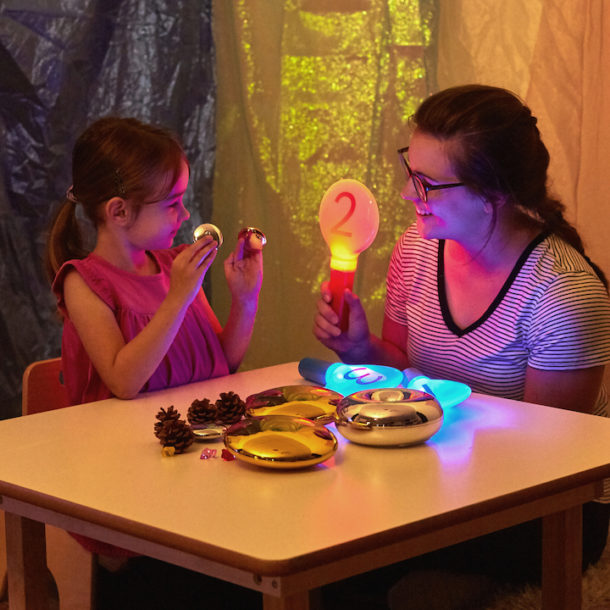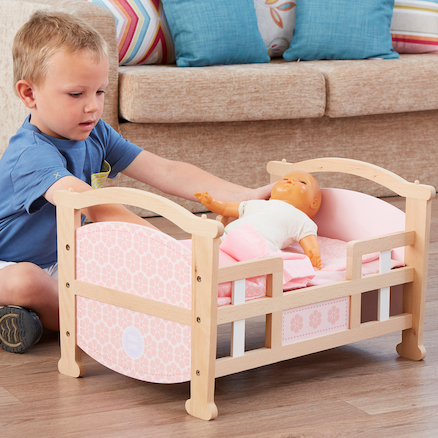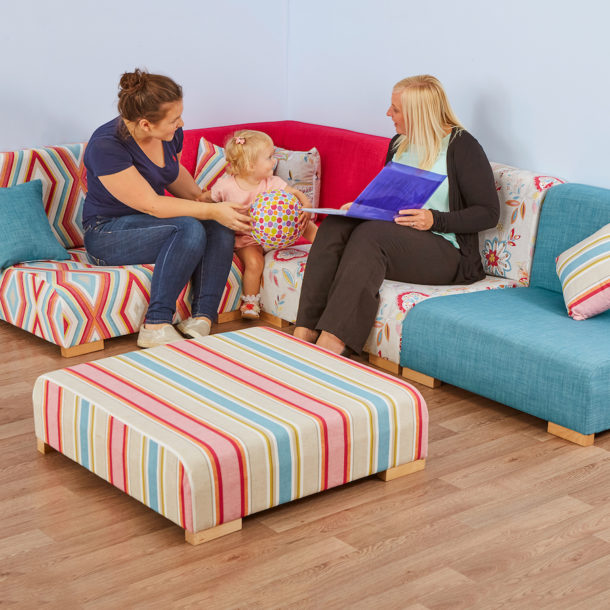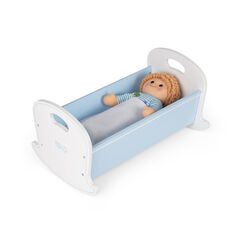Not all children will have been exposed to the same level of experiences and opportunities to gain knowledge of the world around them. But these children whose home experiences are more limited and their journeys more uneven, particularly need guidance to spark their aspirations and allow them to flourish.
Early Years Education can support this by assisting children on their individual learning and life journeys. All educators, whether they are Early Years practitioners or teachers, want all children to succeed in life. Whatever this might mean for each individual child. However, for children to begin to work on their individual journeys, they need to be aware of the opportunities which exist. As such, children need to be aware of the opportunities that are available in the world. This is where cultural capital comes in.
Take part in different experiences
It is important for children to gain the ‘essential knowledge’, wide experiences and universal reference points. This allows them to succeed in their own individual journeys. Through taking part in different experiences, interacting with a wide range of people children can gain a wider knowledge of the world they live in. This, therefore, builds on children’s existing cultural capital and extends it.
Building on children’s cultural capital can involve exposing children to knowledge which is outside of their daily experiences. Practitioners and teachers often teach children about aspects which children have not directly experienced before, it is important to widen these experiences to ensure each child is exposed to or aware of as many opportunities in their lives as possible.

Excite children’s learning by providing valuable one on one time
Use role play to make sense of different experiences
Through play, children can be given opportunities to make sense of different experiences by re-enacting them. This can naturally reinforce children’s cultural capital. Role play is a perfect medium for doing this. Taking part in imaginative role play scenarios will support children in making sense of society and the wider world around them.
Resources can act as tools to support children in bringing these experiences to life. This is where TTS can support you to weave cultural capital through your curriculum and everyday practice.

Role play scenarios can also help children act out their own experiences
Reference:
Ofsted. (2019). Speech: Amanda Spielman at the National Day Nurseries Association, Annual Conference. Available at: //www.gov.uk/government/speeches/amanda-spielman-at-the-national-day-nurseries-association [Date accessed: 28th June 2019]
With thanks to Angelica Celinska for putting this blog together. Angelica has 10 years of experience working in the Early Years and Primary sector with a Masters in Early Years Education from the Institute of Education, University College London (UCL).




